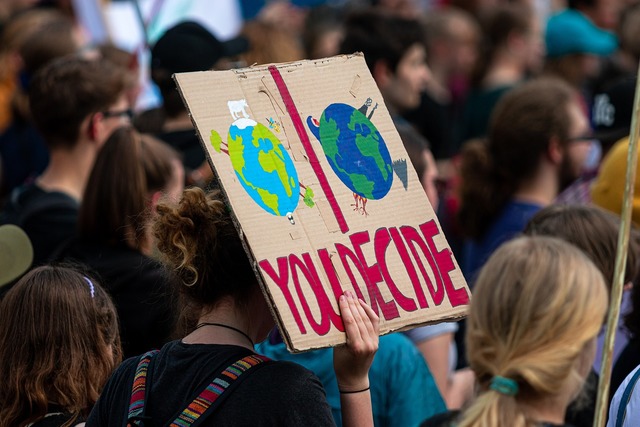Dr Ana María Durán Quesada
Professor, School of Physics and Environmental Pollution Research Center, Universidad de Costa Rica
Information about severe weather and extreme climatic events flood the media, and concerns on the impacts of such events on food and energy security, ecosystems, health, and economy continuously tell us the story of an uncertain and obscure future. The aftermath of the impacts of climate variability and change is no different from post-apocalyptic stories in many media outlets. We are, literally, walking on thin ice, with very limited options for a brighter future for us and the next generations.
In this maze, differentiating facts from fake news and manipulated information is becoming more and more difficult. After all, chaotic scenarios sell; bad news is good for clickbait; and blaming climate change for everything that is going wrong is a convenient political tool. In this reality we live in, resorting to science for enlightenment seems like a rational choice, even when we are aware of the politicians’ disdain for science. To fight against misinformation and manipulation, science provides us with facts and evidence to demonstrate the state of our climate system and how our livelihood and ecosystems are being affected by the changes in the hydrological cycle. We like to think of science as neutral, embedded in a system in which we are all equal and contribute with the discovery and generation of knowledge to create a better future. In the quest for exploration and creation to better understanding how climate variability and change affect us and fostering the development of tools to improve decision and policy making, data becomes essential.
There is no doubt that current observational records are biased, and while the regions that have the resources to support monitoring networks are relatively well observed, the tropics are always highlighted as long-term quality data-scarce regions. The availability of data worldwide matches the pattern of observed impacts of global climate change, the regions which are projected to experience exacerbated impacts of climatic extremes are those with more limited monitoring capacity.
The map of observations biases is one of contrasting inequality and privilege. Global efforts are made to reduce the observational gaps and improve existing networks in those less observed regions. Numerous scientific research initiatives are conducted in the most remote and complex locations. In this race to have more balanced networks, we need to remind ourselves that our planning is not independent of our social constructs.
The improvement of observational capacities is, unfortunately, still tainted by a colonialist perspective in which the interactions of researchers from the different regions and the communities are based on power relations. The goal of increasing the number of monitoring sites and reaching difficult and faraway locations is based on an extractive logic. Instances in which the role of scientists based in the Global South is to cater to the administrative needs of scientists in the Global North without being an actual part of monitoring and science planning are abundant and don’t seem to stop anytime soon. On the contrary, this exploitative and unethical behavior has become the standard in many groups, is often seen as a route to academic success and recognition and is continuously repeated. If that is not concerning enough, the interactions between scientists and the communities including coastal and socio-economically vulnerable communities, have adopted a similar dynamic. Initiatives based on such ways are detrimental to building trust among academic peers, organizations and society. These also increase the burden on researchers in the Global South who are concerned that complaining about these bad scientific practices may have a negative impact on our careers and the opportunities of improving our regions monitoring capacity. The hardship is even worse for female researchers as well as researchers from minority groups, that already deal with discrimination and the abusive behavior of local peers.
To reduce the bias in observations, we must pay attention to the way the initiatives are planned. If “parachute science” continues to prey on researchers in and from Global South for the benefit of their careers and ego, we will not see a real advance towards more equality in global monitoring. The same applies for the development of science in groups in which female researchers and researchers from minority groups are harassed. Changes are needed, and observing climate to progress science and reduce the impacts of climatic extremes must put people at the center. That can be achieved only once we recognize our privileges and commit to decolonize science, integrate a gender perspective in our projects and understand that our take on science and development is not the only form of knowledge. To build trust and fulfil the goal of leaving no one behind, respect and ethics are non-negotiable values.
Image credit: Image by Dominic Wunderlich from Pixabay


